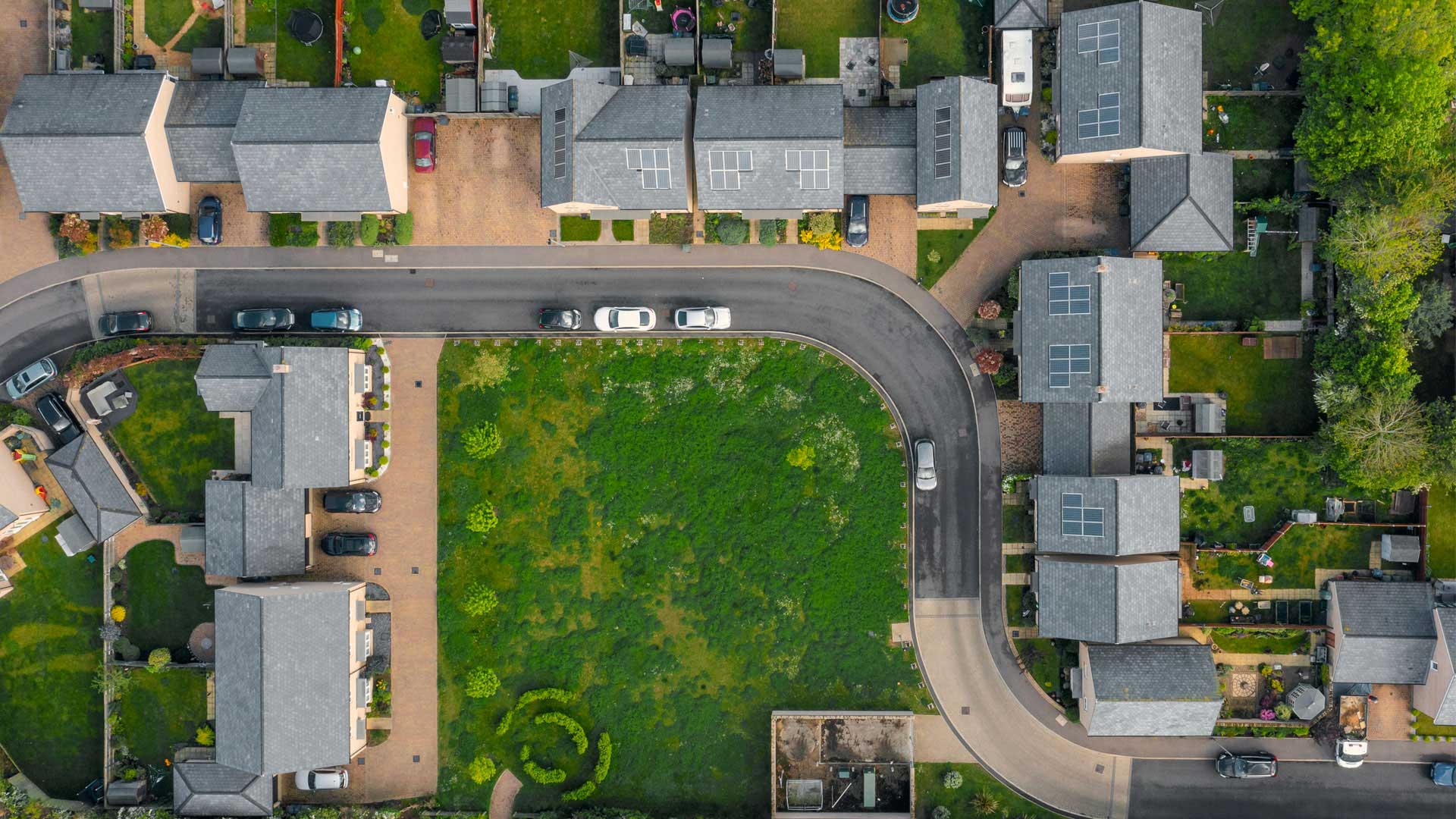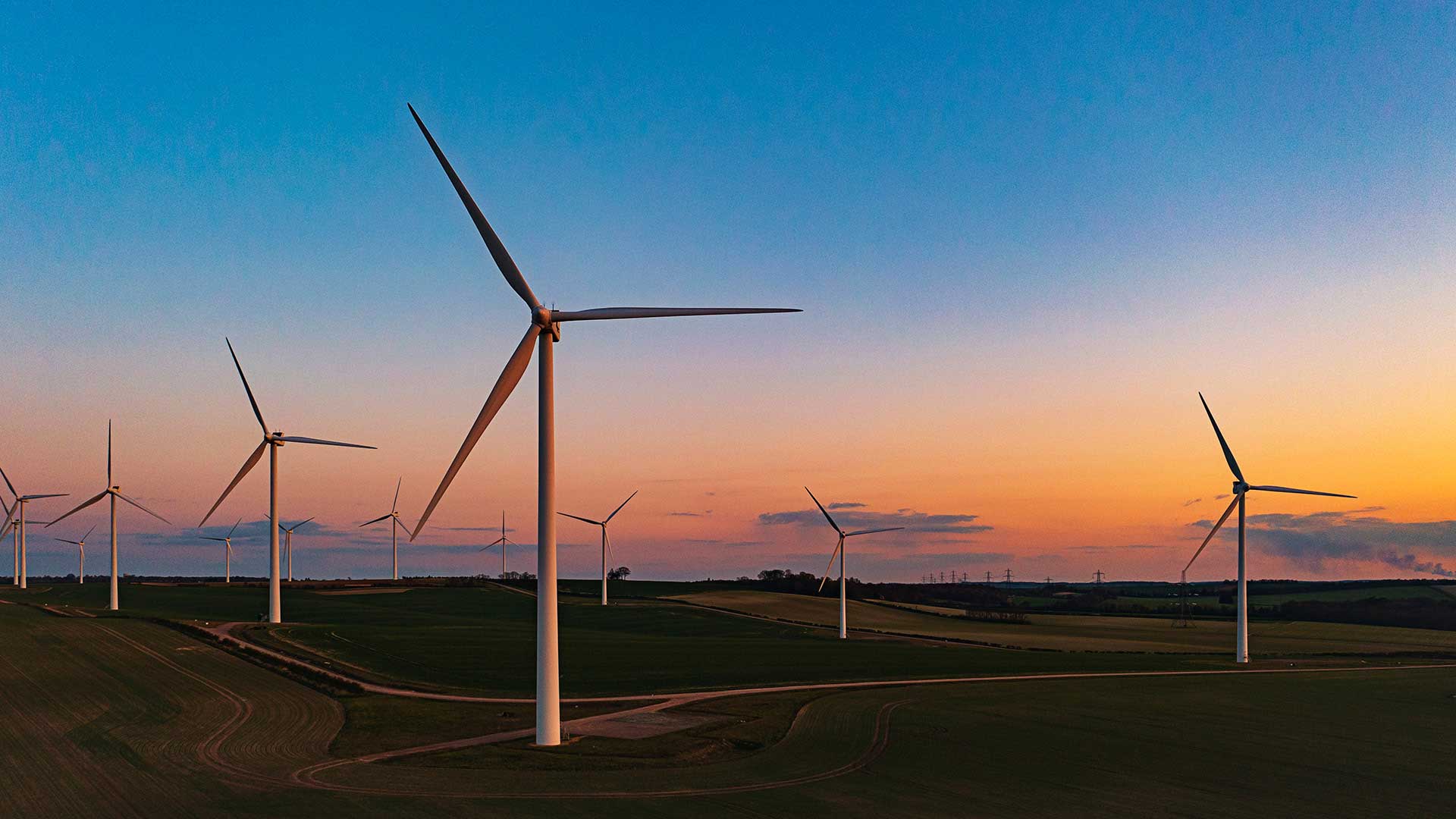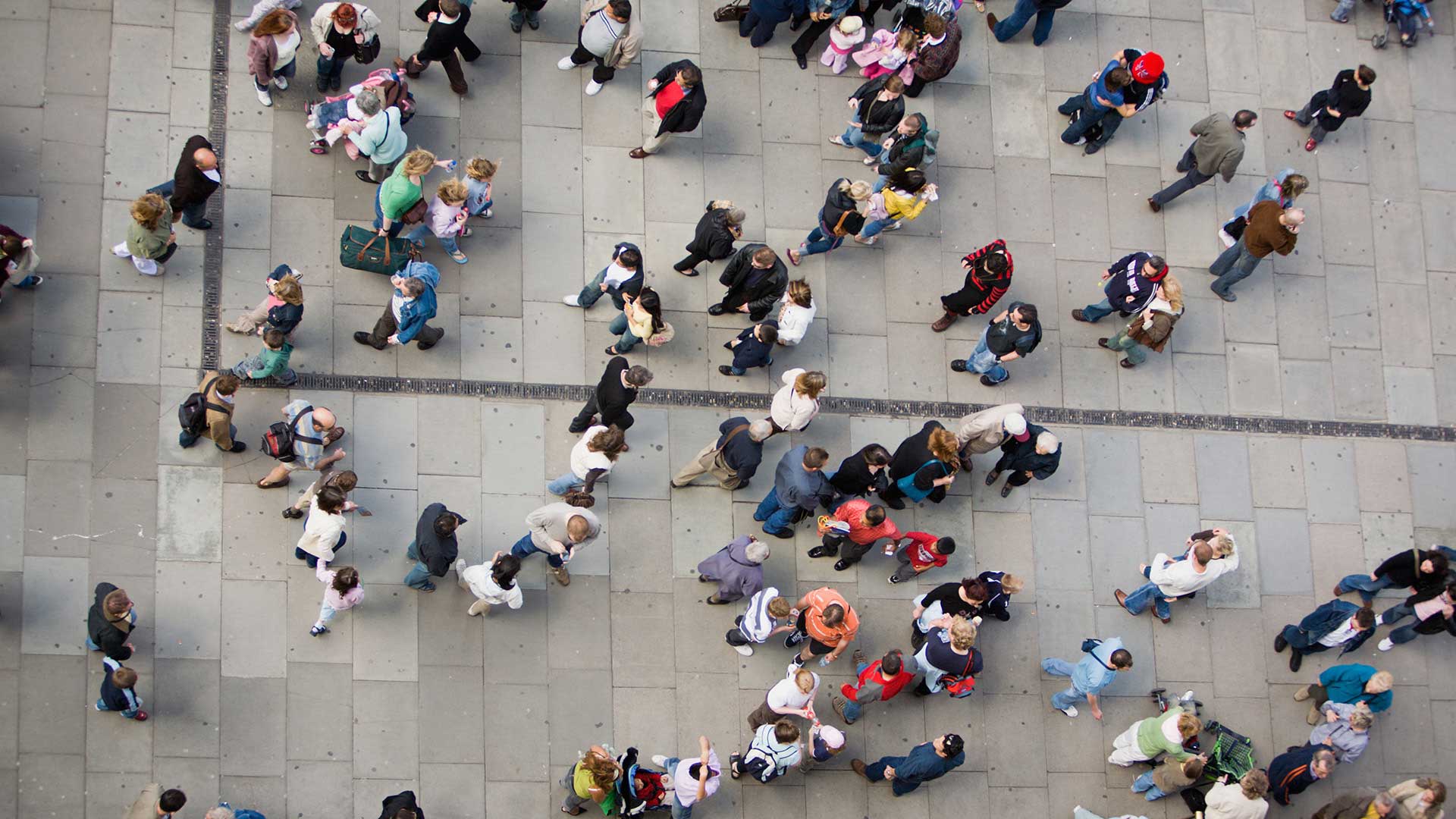Two-thirds in Britain think we should keep some restrictions after July 19 2021
The Britain Barometer is our regular polling of public opinion in Britain. We cover a range of topics including political views and voting intentions, the economy, government policies and emerging issues important to the British public.

Our research into British public opinion and voting intentions finds that there is an increasing proportion in Britain who think the COVID restrictions are being adjusted too fast and a majority who want the wearing of face masks to continue in shops and on public transport.
Other key findings from our research which took place between 7th and 12th July 2021 reveal:
- Two thirds of people (66%) think we should keep at least some (some/most/all1) of the existing restrictions after July 19th.
- About three in ten (29%) think “we need to learn to live with COVID-19 without any restrictions”.
- A growing proportion think that the pace at which the government is adjusting restrictions to everyday life is much/a bit too fast: 41% compared to 29% in June .
- Six in ten (60%) think everyone should continue to wear face masks in shops and on public transport for a further period of time.
- 49% of people (+2) say they think the government have handled the pandemic very/ fairly well. 45% say very/fairly poorly (no change).
- 39% (+4) think the government are placing too much emphasis on protecting the country’s economy and not enough on protecting people’s health, compared to 18% (+2) who think there is too much emphasis on health. 27% think they have got the balance about right (-6).
- 39% rate the cooperation between countries to distribute COVID-19 vaccines as very/fairly good, compared to 45% who say fairly/ very poor.
More detailed analysis on themes
1. Household economic Impacts
This month’s research finds that 37% (-1) of Britons think the economy will be doing better in 12 months’ time. Other findings include:
- 21% of those in work say their job feels safer than it was 12 months ago (+4). This is the highest figure recorded since the pandemic began.
- Of those working, 21% say their job feels less safe that 12 months ago (-6) which is the lowest figure since September 2019. 46% say much the same (-4).
- 6 in 10 (60%, -1) now say that their personal income “has not been impacted” by coronavirus, compared to 56% in March, 54% in February and 49% in January 234
- 28% (-1) say it is harder for them to meet their monthly household budget than it was 12 months ago
When asked about the impact of the pandemic on personal savings, there is a mixed picture in Britain:One in four (24%, -1) say their savings have decreased since the start of the pandemic, 41% (+4) say they have stayed the same, and 20% (-1) say their savings have increased. - Of the people who saved extra money, only 11% (+8) of them intend to spend it all by the end of the year. 63% (+3) who have saved extra money say that they will only spend “some of it” or “none at all” this year.
2. Attitudes towards COVID-19 restrictions and actions to tackle the pandemic
- 41% of people think the pace at which the government is adjusting the restrictions to everyday life is much/a bit too fast (+12) compared to one in three (33%, -9 vs June) who think it is ‘about right’.
- 35% think people should be able to decide for themselves whether to wear masks in shops and on public transport (vs 60% who think everyone should wear in shops and public transport for further period).
- 62% (-3) of people strongly/tend to support the introduction of a vaccine passport to allow overseas travels into and out of the UK this summer, whilst 23% (no change) oppose the idea.
When asked about the COVID-19 vaccines:
- Three quarters of people (76%, -3) say they are very/somewhat satisfied with the vaccine rollout organised by government and health authorities.
- 51% (+2) think that vaccines should be compulsory for all adults, compared to 39% who think adults should be allowed to choose (-3).
3. Life post-pandemic
When asked to think about what should happen after the end of the coronavirus pandemic:
- 39% (-2) of people think that actions to address climate change should be of a priority for governments than before, whilst 43% (+6) think it should be same as before, and 9% (-4) think less of a priority.
When asked to rank 11 possible measures to improve public life in the UK in order of importance:
- 29% (+4) of people put “tackling climate change and protecting the environment” as one of their top three issues whilst 33% (-3) of people placed it as one of their bottom three issues.
4. Voting intentions
- Con 44% (-1 vs June 2021)
- Lab 31% (-1)• L Dem 12% (+4)
- SNP 6% (+2)• Green 4% (-2)
- Reform UK (formerly Brexit Party) 1% (-1)
- Plaid Cymru 1% (nc)
- UKIP <1% (-1)
- Other 1% (nc)
Methodological Information
A total of 1,057 interviews were conducted online among adults living in Great Britain between the 7th and 12th July 2021. All interviews were conducted online using the Kantar Research Express. The Kantar online access panel was the main sample source.
The data was weighted to match population totals for age, gender, 2019 General Election voting patterns, 2016 EU referendum voting patterns, education, region, and likelihood to vote in the next General Election. Any use of this research must cite Kantar as the source.
1. 36% think we should keep some existing restrictions for a further period of time; 17% think we should keep most existing restrictions for a further period of time; 13% think we should keep all existing restrictions for a further period of time
This Britain Barometer was issued under Verian's former global brand name: Kantar Public.
Our latest thinking
Subscribe to receive regular updates on our latest thinking and research across the public policy agenda
Our latest thinking
Subscribe to receive regular updates on our latest thinking and research from across the public policy agenda







